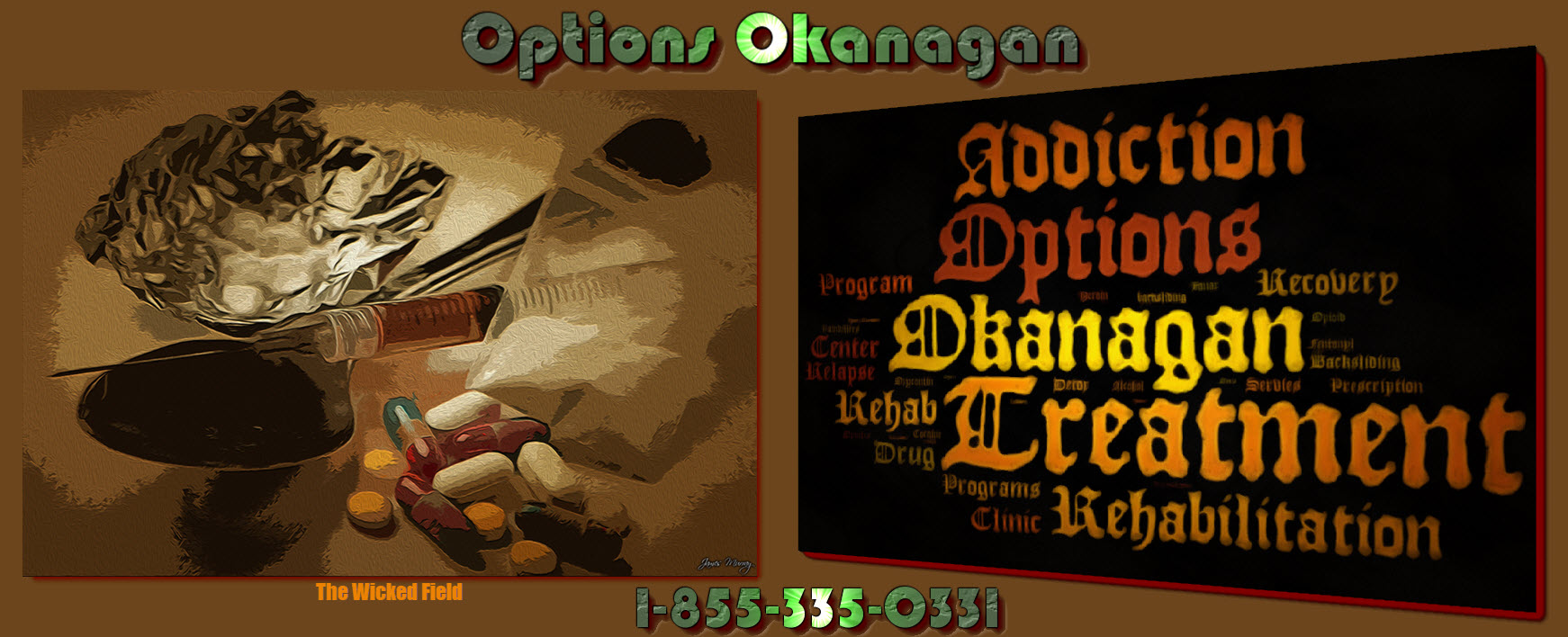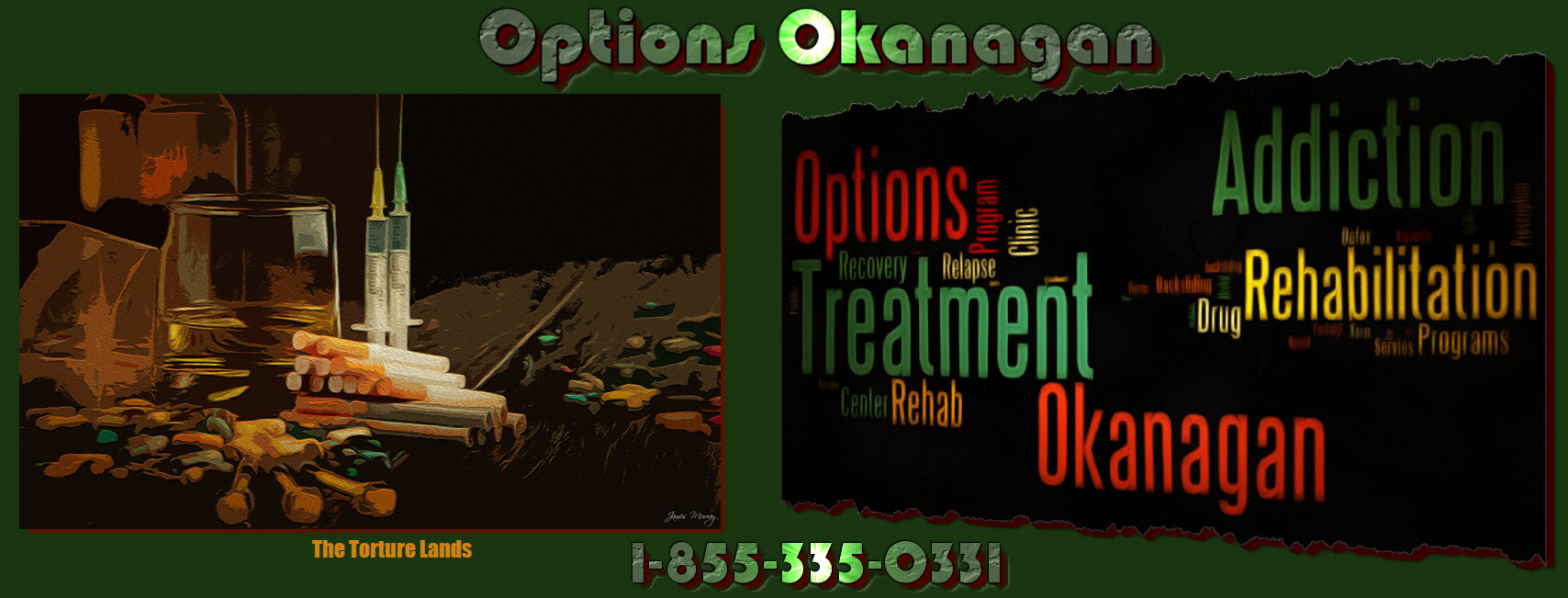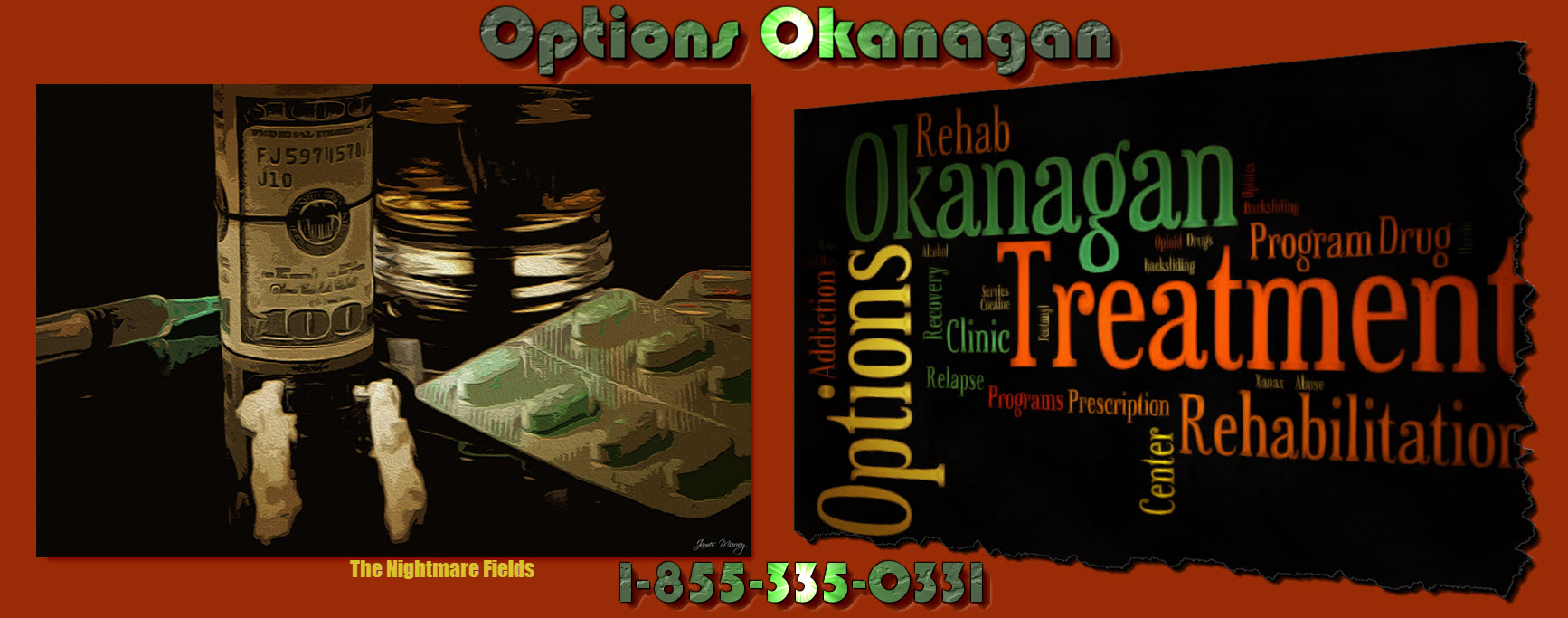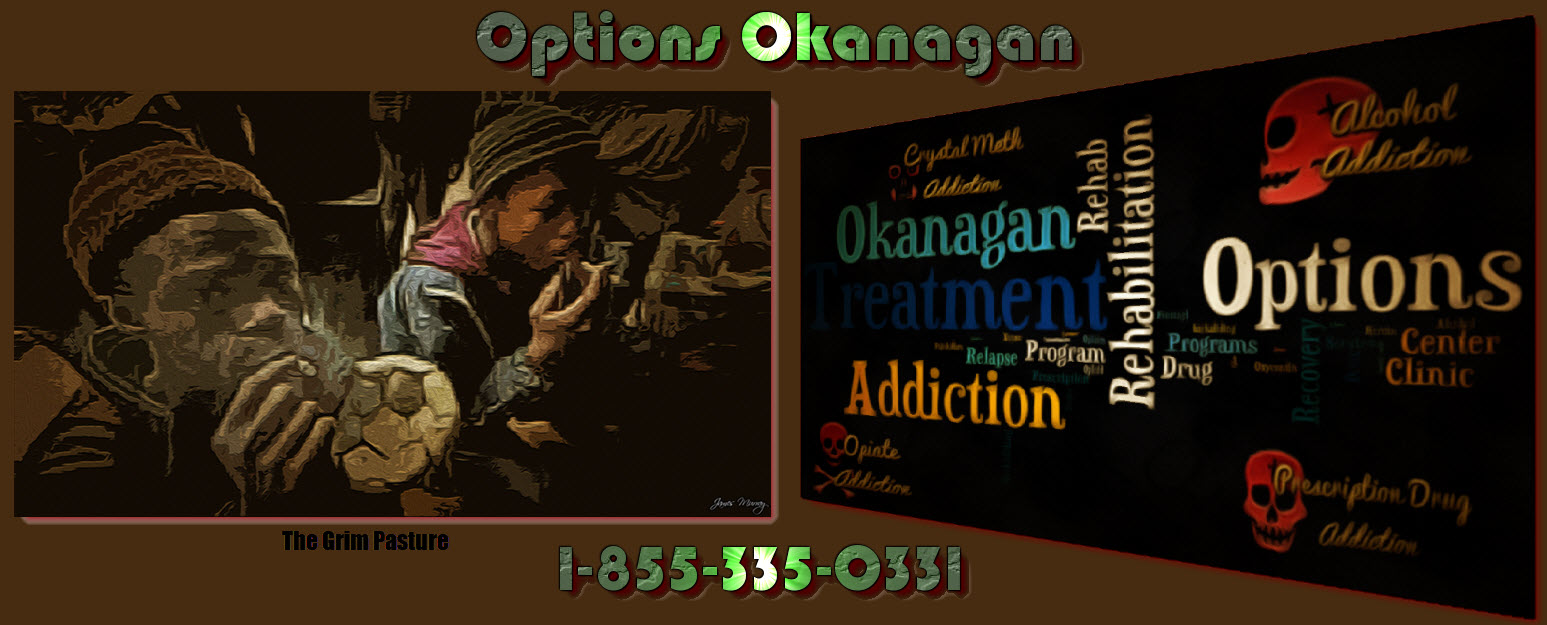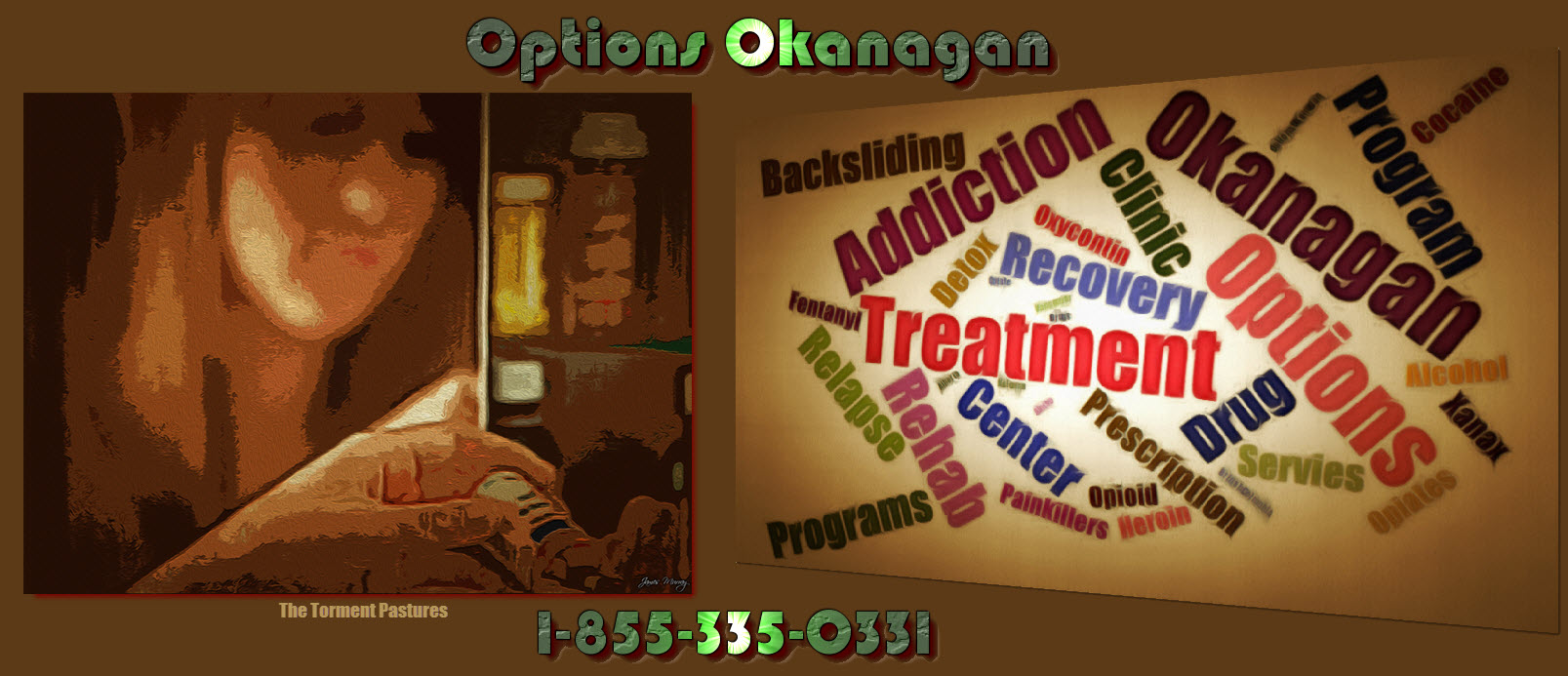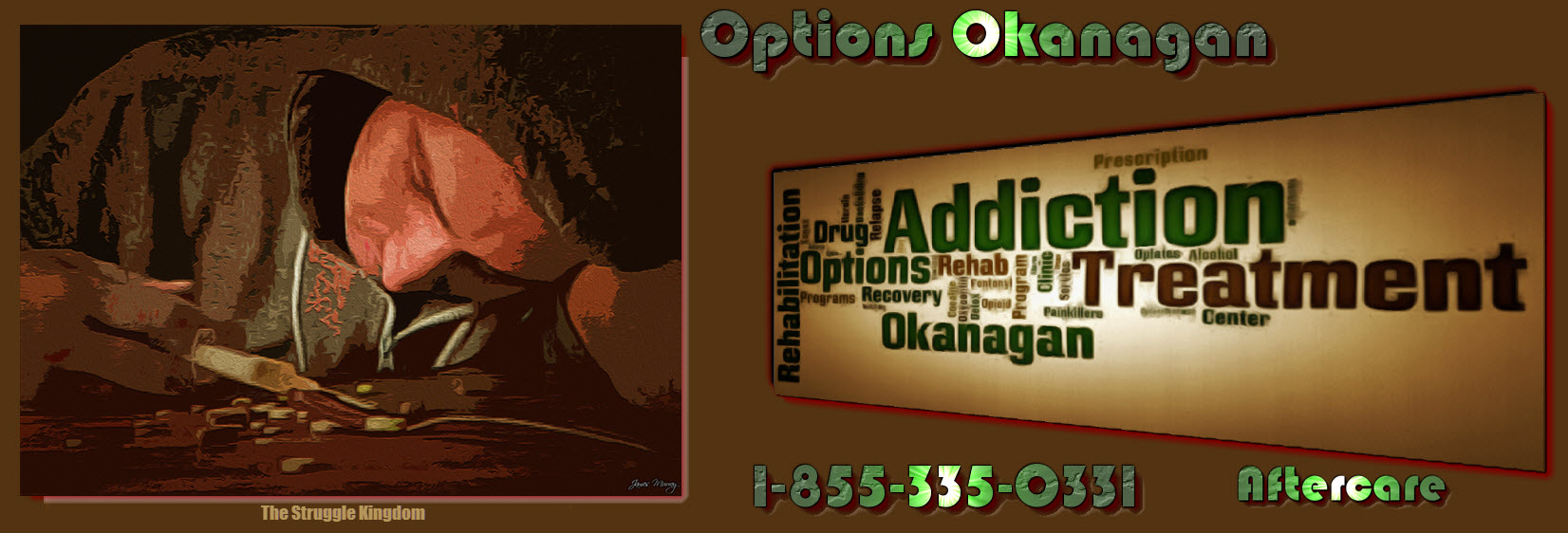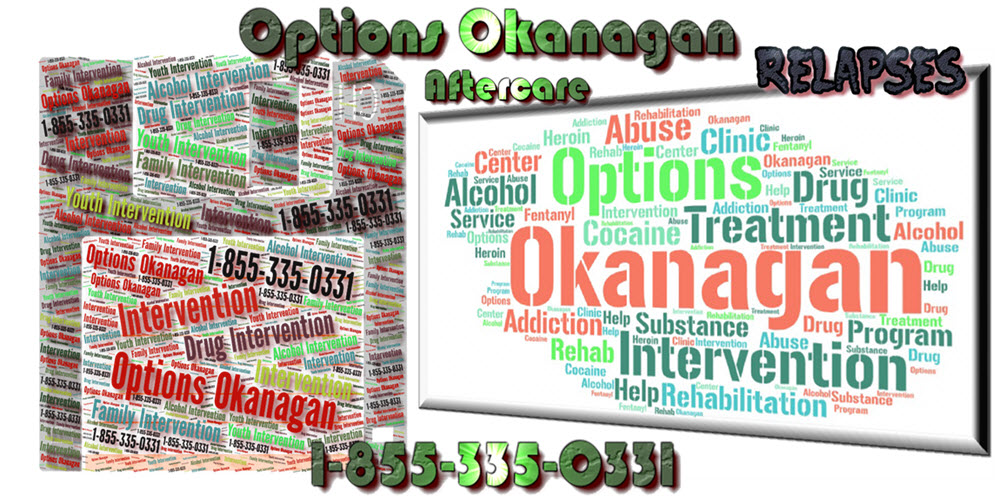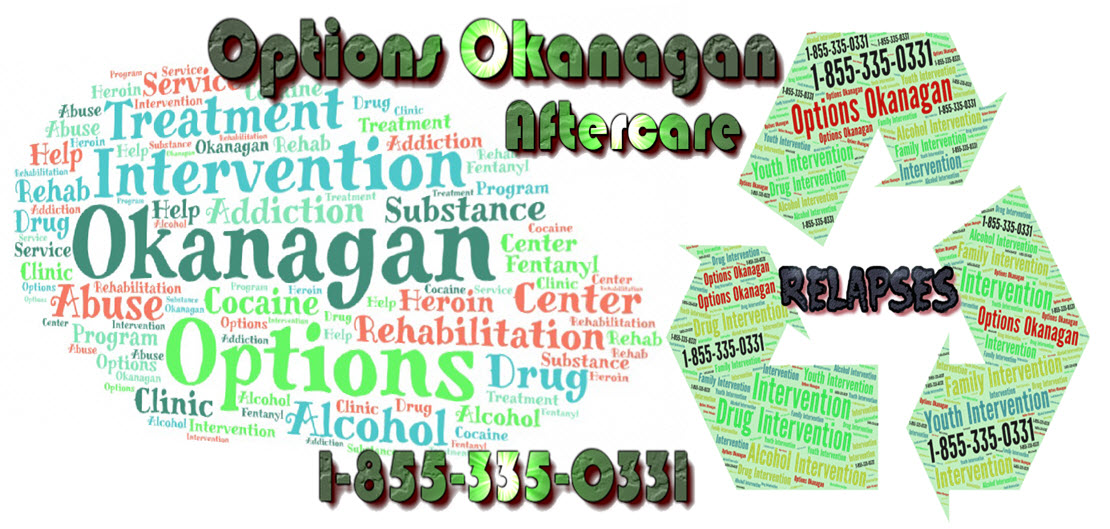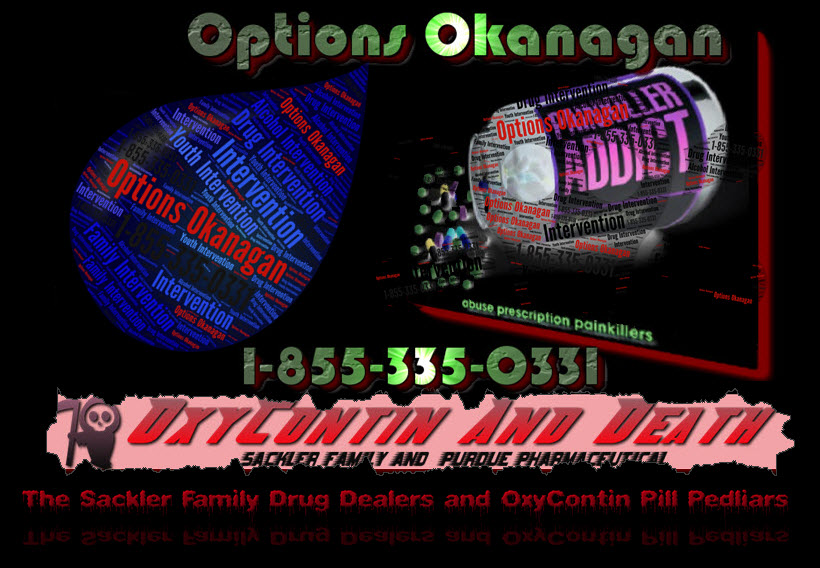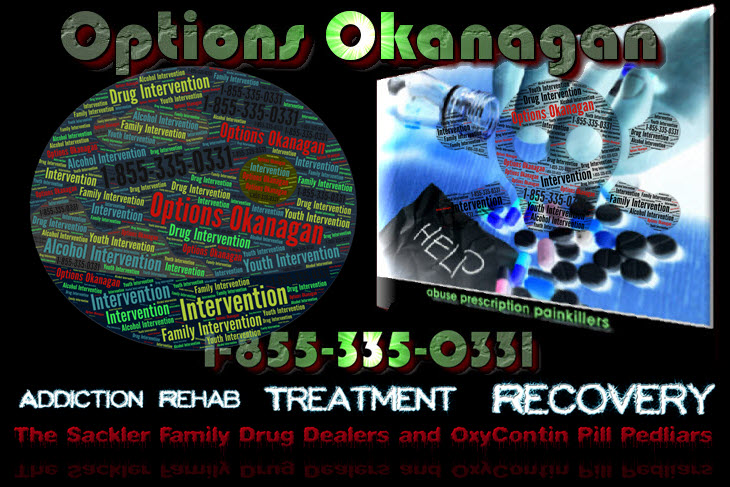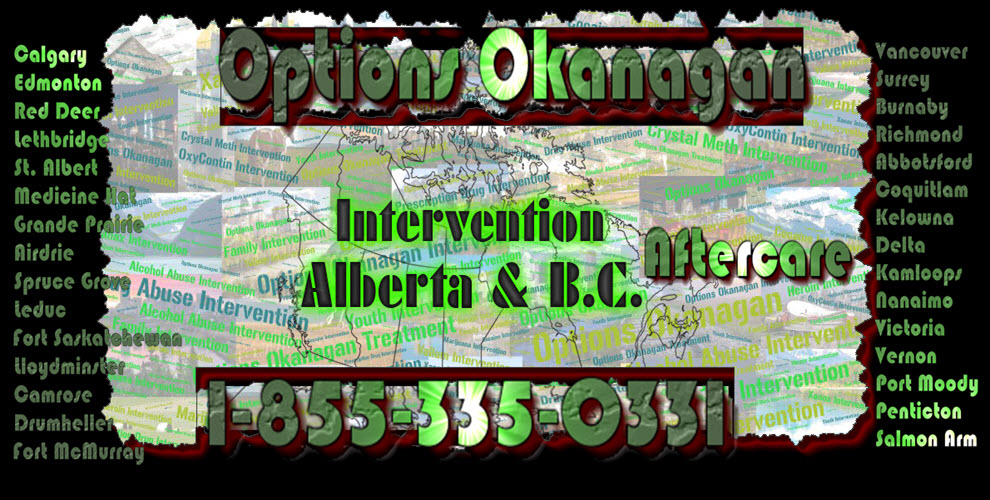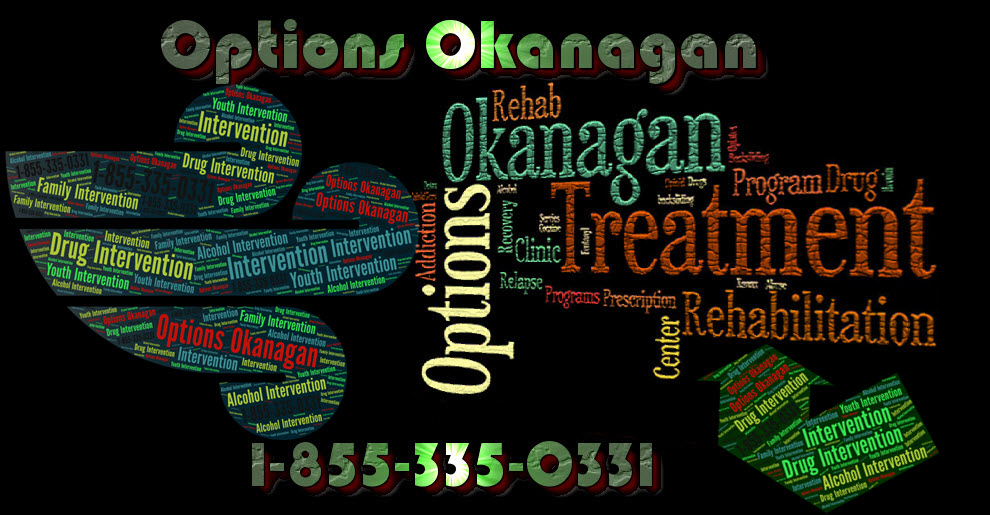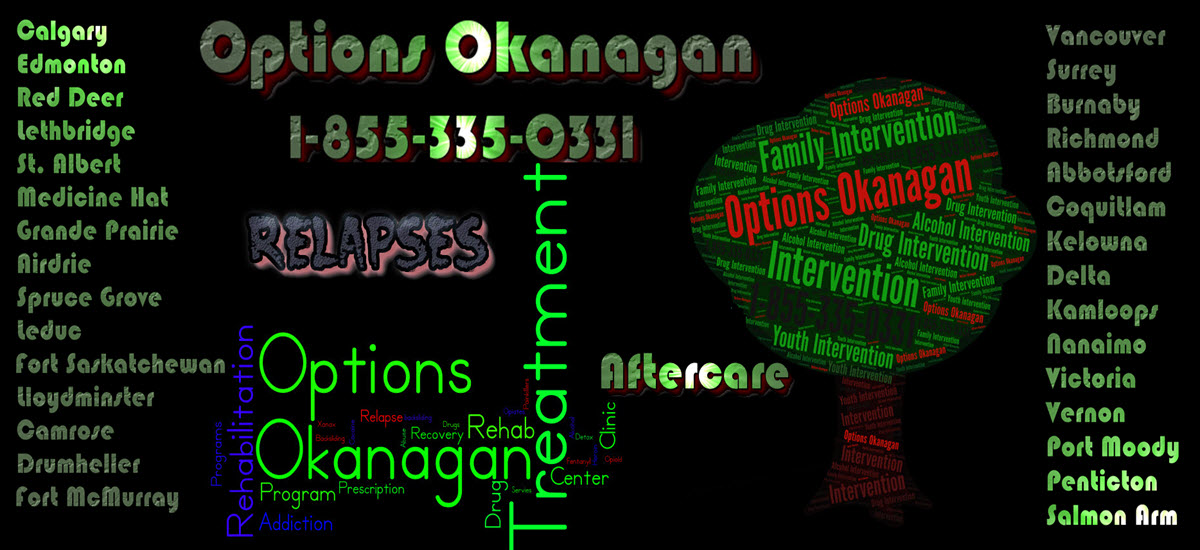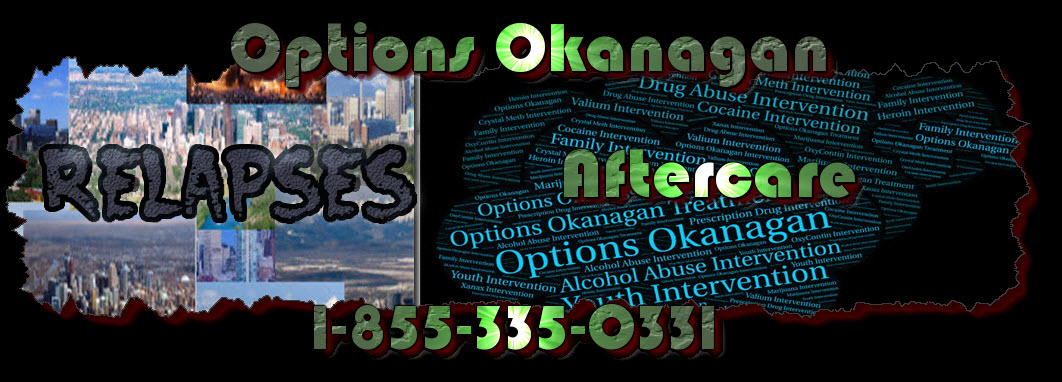Preserving emotional soberness in addiction recovery. Drug and Alcohol Rehab Programs for recovering addicts in British Columbia and Alberta – Options Treatment Center in Kelowna, British Columbia treating drug, opiate, fentanyl, heroin, and alcohol addiction and recovery.
Drug Rehab In Alberta And BC
Taking inventory of an individual’s emotional health and psychological wellness is just as crucial as steering clear of alcohol and drugs. In very early sobriety, people commemorate their landmarks because they last had a drink or used any drugs in 30, 60, 90 days, and so forth. When those turning points accumulate and people are not tempted to use drugs or alcohol on a daily basis, many understand that preserving their emotional sobriety is as huge of an obstacle as staying away from alcohol or their drug of choice.
When individuals who are addicted come to treatment programs they believe that drinking alcohol or using drugs is their major problem, when the real truth is by using drugs or alcohol was their own remedy to their real problems or issues, and not having the ability to live life on life’s terms and not recognizing and processing their feelings and emotions.
An individual can avoid using alcohol and drugs on a daily basis, but it is much easier to slip up on their psychological or emotional sobriety. Every person goes through ups and downs in their life, and taking care of big challenges and obstacles can make maintaining emotional and psychological sobriety hard.
There are people that fight with emotional sobriety when they undergo major medical issues like cancer treatment. Even for an addiction counselor and therapist that tried hard to remain busy at the workplace helping others so they would not need to deal with their own emotions like their of fear, anger, anxiety, clinical depression, as well as unpredictability. This counselor and therapist quickly recognized that not confronting their own feelings not just endangered their own recovery and healing but impeded their growth and development as a counselor and therapist.
In order to highlight the significance of emotional and psychological sobriety, and not simply abstaining from alcohol or drugs, but to take a holistic or an all-natural approach to sobriety.
Addiction counselors and therapists teach individuals that are addicted that recovery and healing are more than just staying off alcohol and drugs. It is about changing and transforming numerous facets of their lives, and also it begins with repairing relationships, as well as how they treat and deal with others and themselves. It is by educating them on just how to recognize and express their own emotions and feelings in a healthy and balanced way. It is about guiding these individuals to a higher power that can help change and transform their lives. Recovery and healing are about building individuals up.
Furthermore, individuals in addiction treatment programs find out that they can be their very own worst enemy if they have no love for themselves. There are many individuals that enter into these addiction treatment programs so beat up, not physically, but emotionally and psychologically, and the assailant is themselves.
To stay sober, addicted people need to do the hard work of learning to like themselves. They require to interrupt self-sabotaging patterns as well as learn to handle difficulties in life without using drugs or alcohol. Also after a person completes therapy, maintaining psychological health and wellness is essential.
Some counselors and therapists utilize analogies to assist addicted individuals to understand the significance of emotional soberness, as being a ship’s captain using mooring lines to keep their ship stable at a dock. Counselors in addiction recovery programs have to do the exact same thing to maintain long-lasting recovery. Dependency counselors must keep numerous mooring lines like a relationship with a higher power, 12-step fellowships, sponsorships, fellowship service, communication, and interaction, as well as emotional and psychological sobriety.
To preserve emotional and psychological sobriety for the long-term, it is necessary to check in with other individuals that are in addiction recovery. Checking in with an addiction sponsor, counselor or a support system is a must and should be done on a daily basis throughout early recovery. A good addiction treatment program teaches individuals that they never have to do recovery alone.
Individuals that are complying with a 12 step program are taught to take a day-to-day inventory, and as part of this program, they need to ask themselves how they are managing their emotions and feelings.
An individual who is battling addiction can no longer suppress their emotions and feelings and expect to preserve their recovery. Individuals need to process their emotions and feelings as they emerge, and this holds true whether a person has been sober for a year or 10 years.
If emotional and psychological sobriety begins to slide, individuals may experience being a “dry drunk.” Although the individuals have not actually fallen back and relapsed, they are beginning to engage in the exact same actions and activities as well as attitudes and mindsets that they had when they were using drugs or alcohol. Typically, this will increase the risk and danger of relapsing back to their addiction of choice. Long-term and lasting sobriety is based upon an individual’s emotional and psychological sobriety.
Options Okanagan Opiate and Alcohol Treatment Centers in Kelowna, Salmon Arm and Vancouver, British Columbia – Men and Women are recovering and healing from Alcohol and Drug Abuse at our treatment center here in the Okanagan right now.
Our unique and distinctive Opiate Drug and Alcohol treatment program allows men and women to come in from Calgary as well as Edmonton as we offer airport pickup.
Numerous clients come to us from Vancouver, Calgary, and Edmonton and other locations in Alberta and even other provinces for Opiate addiction treatment, heroin drug treatment, many other drug and alcohol addictions for rehabilitation because of the uniqueness of our treatment center.
Our (Kelowna ) Alcohol and Drug Treatment Program Location:
(Not Mailing Address) Contact Us – Web Page
For Mail Delivery :: Please contact each center for correct mailing addresses, also this location is the location of our residential treatment programs in Kelowna. Please call Toll Free 1-855-335-0331 to contact the treatment center you are going to for the address and directions.
Options Okanagan Drug and Opiate Treatment Center
551 Sherrydale Crescent, Kelowna, British Columbia, V1V 2E6
Toll-Free Phone Number: 1-855-335-0331

